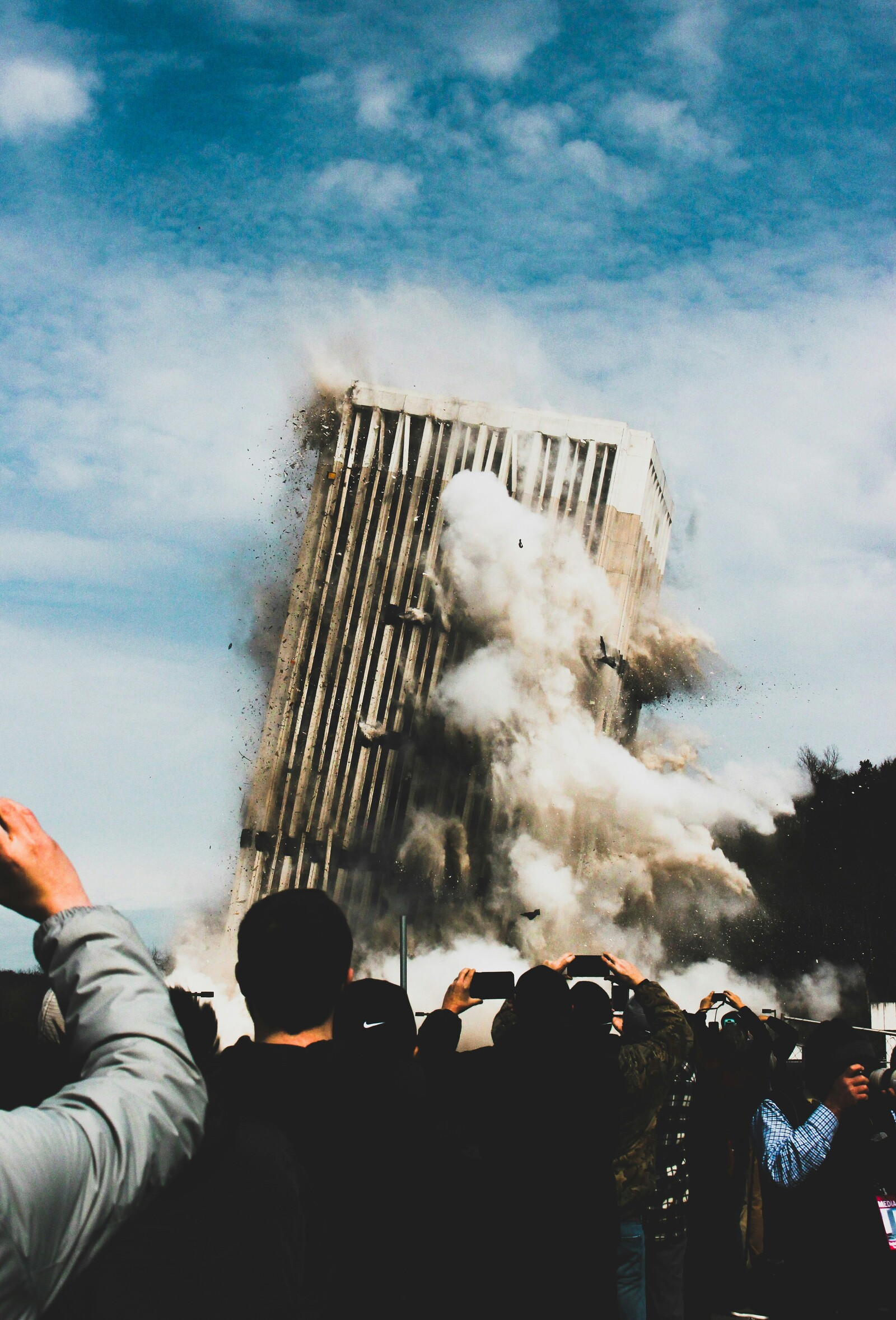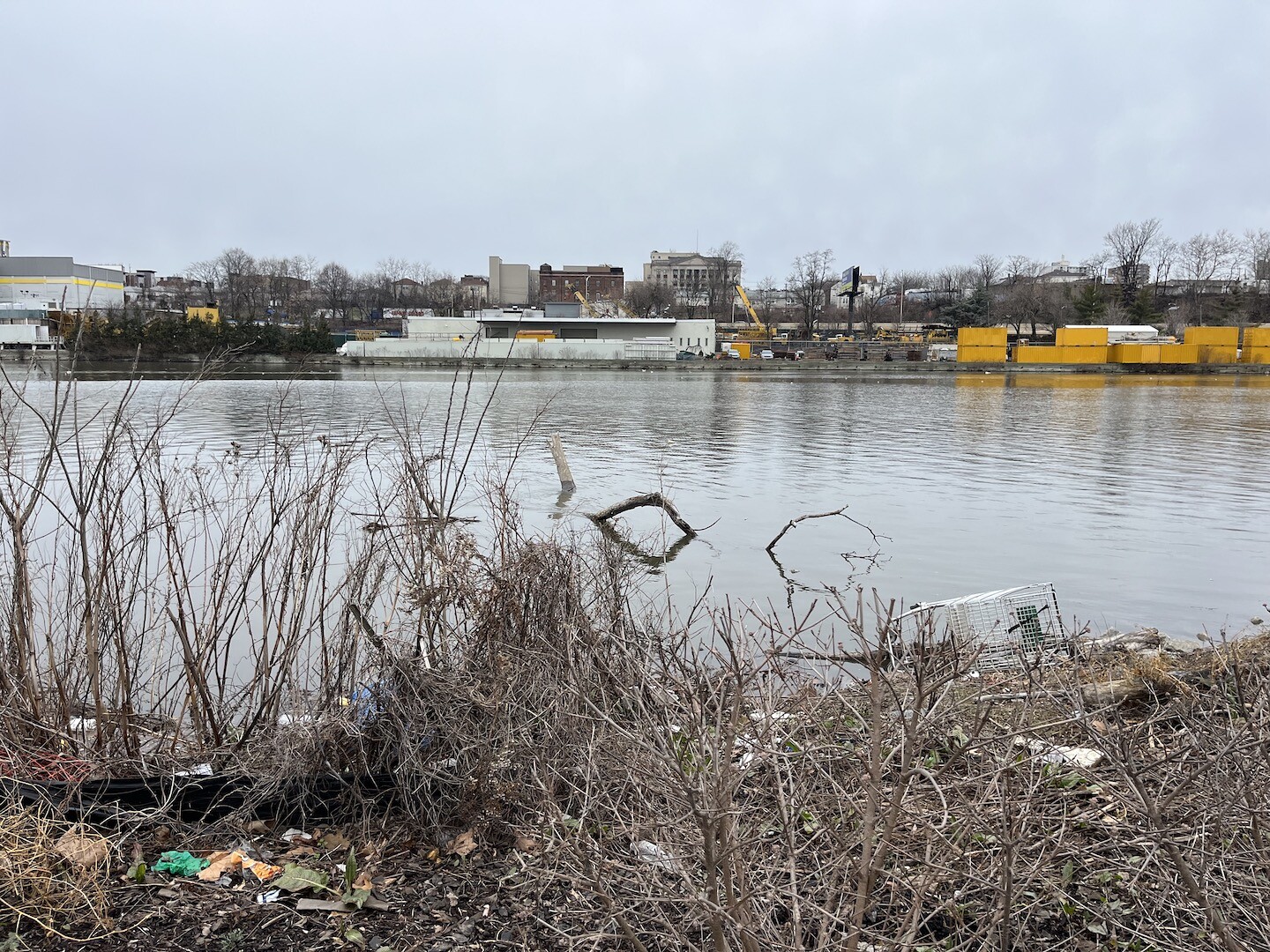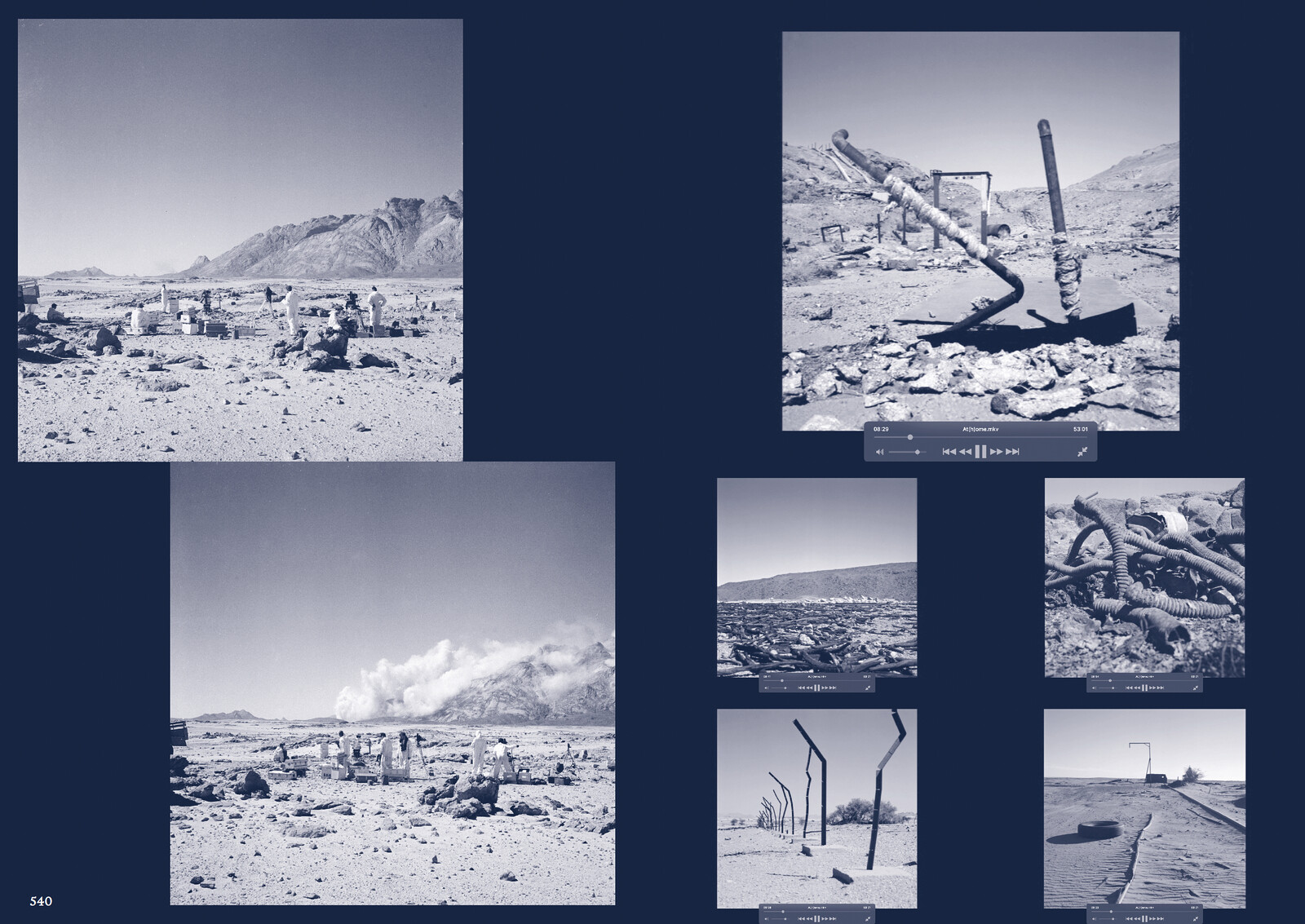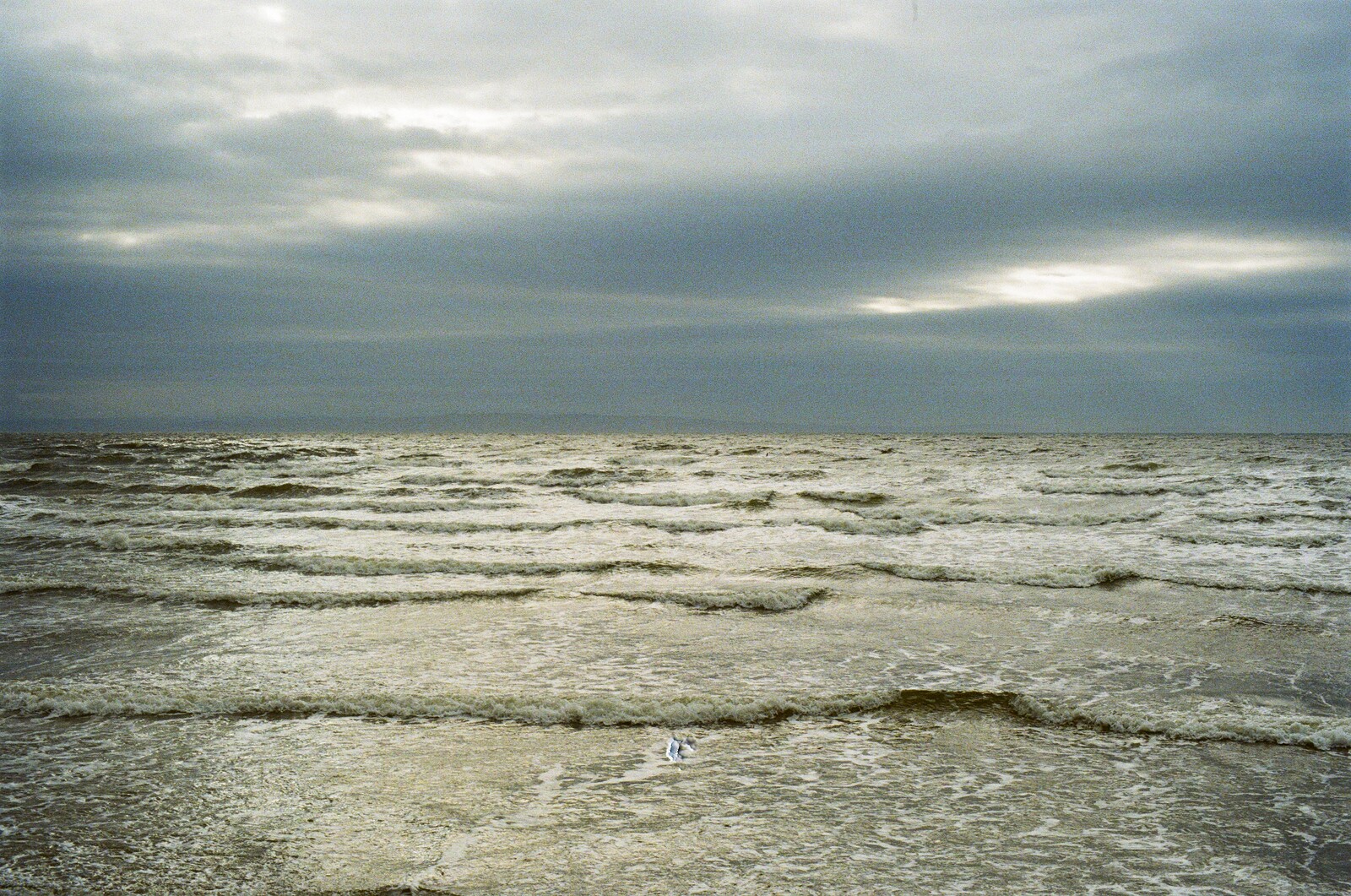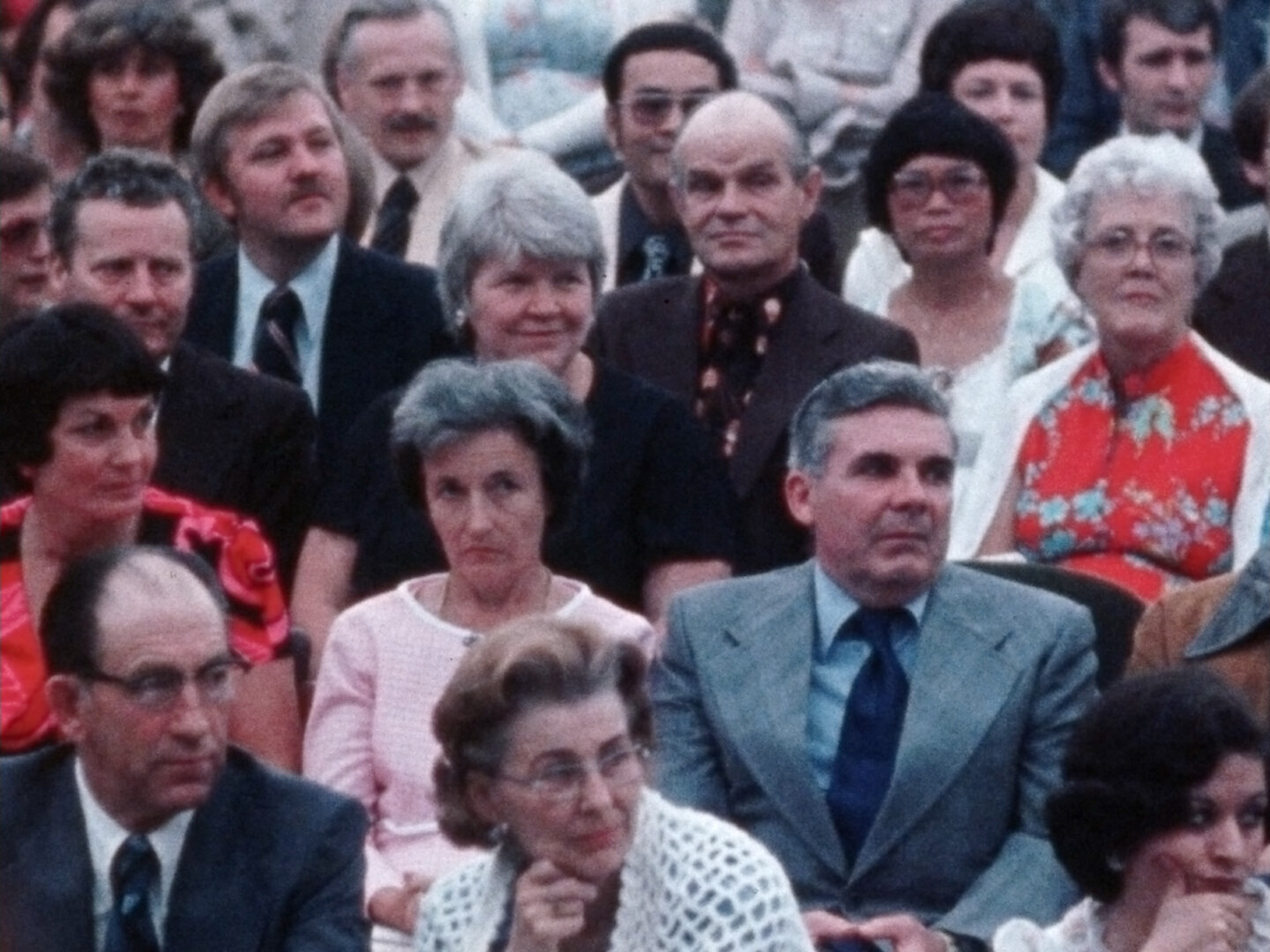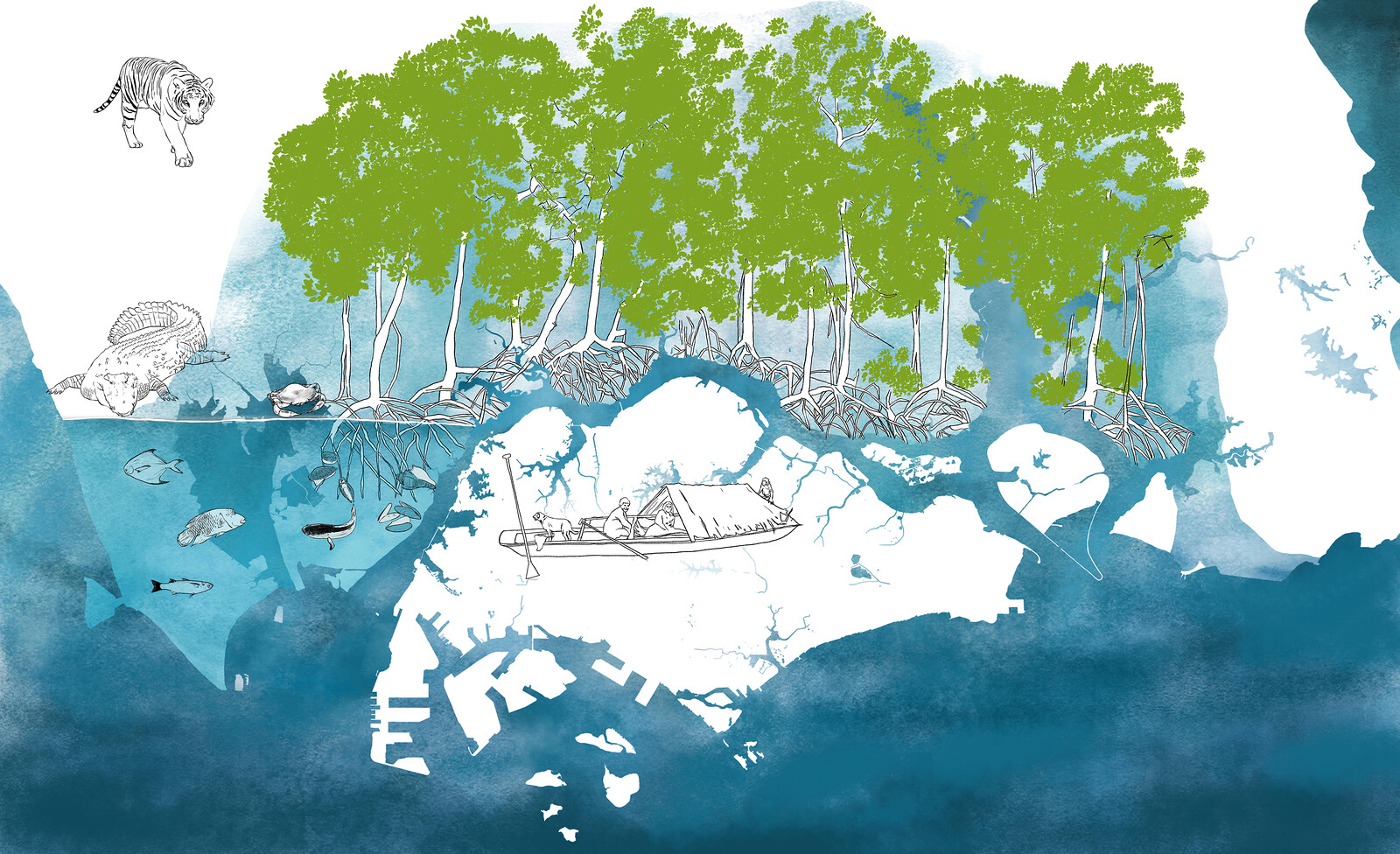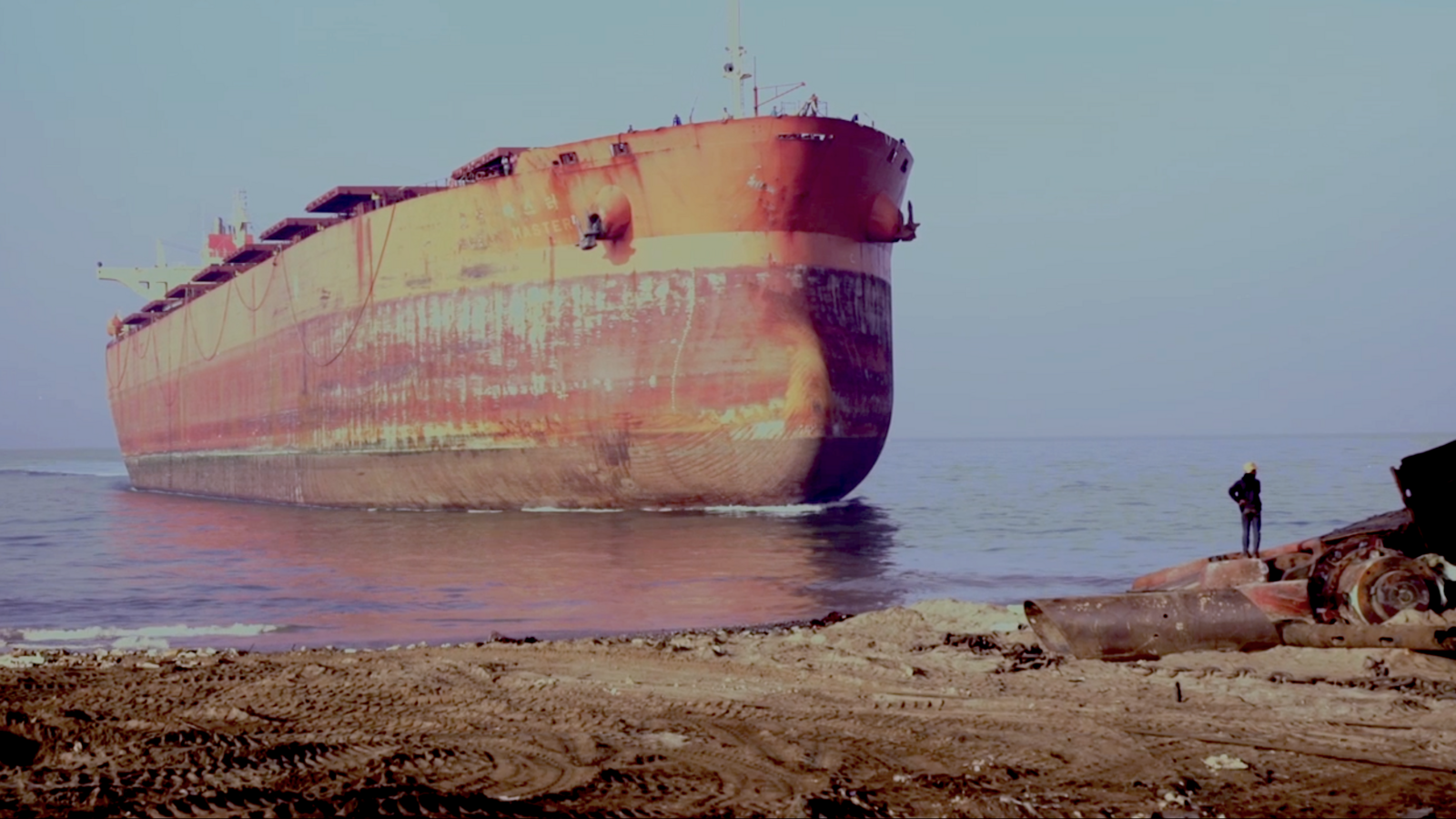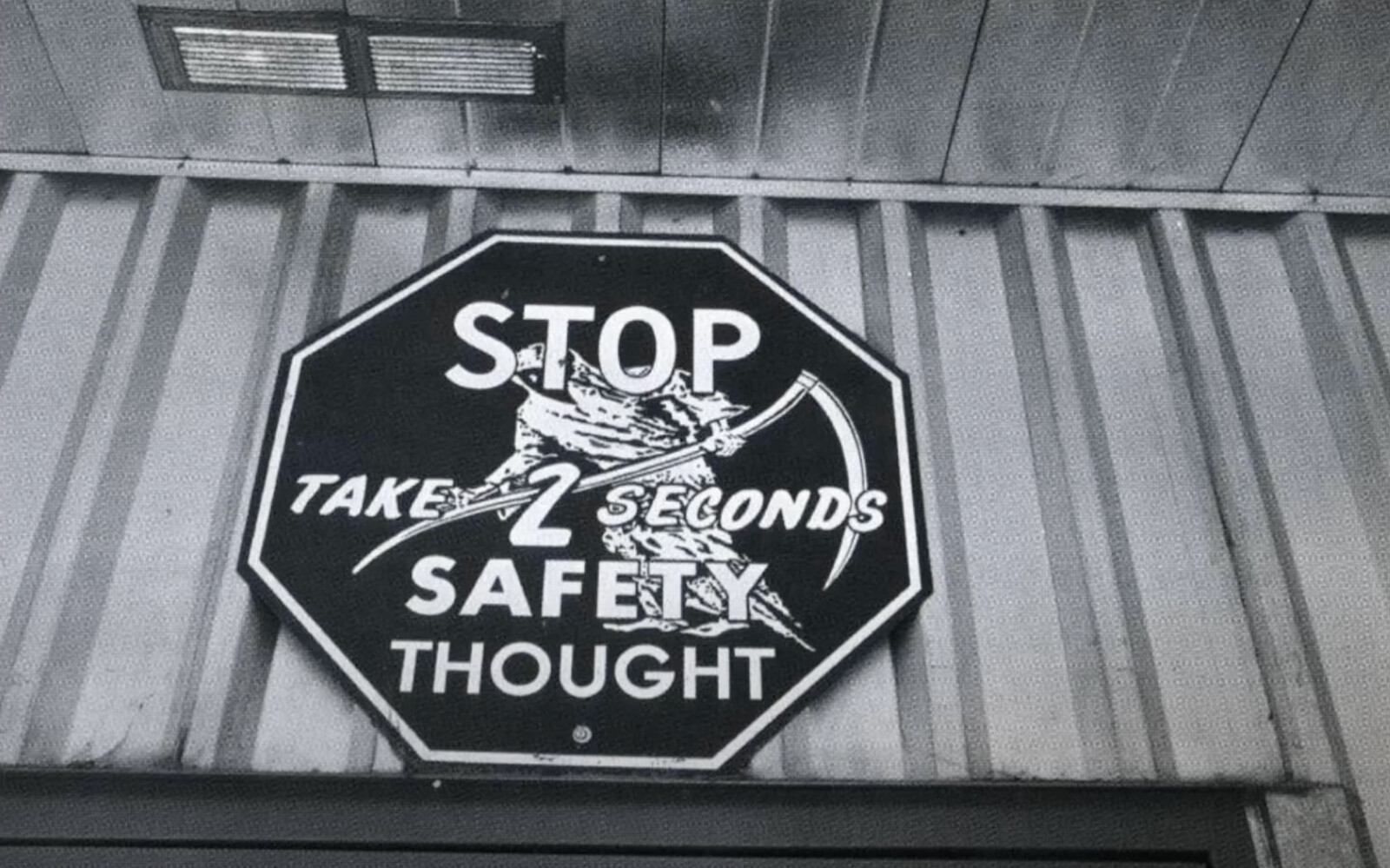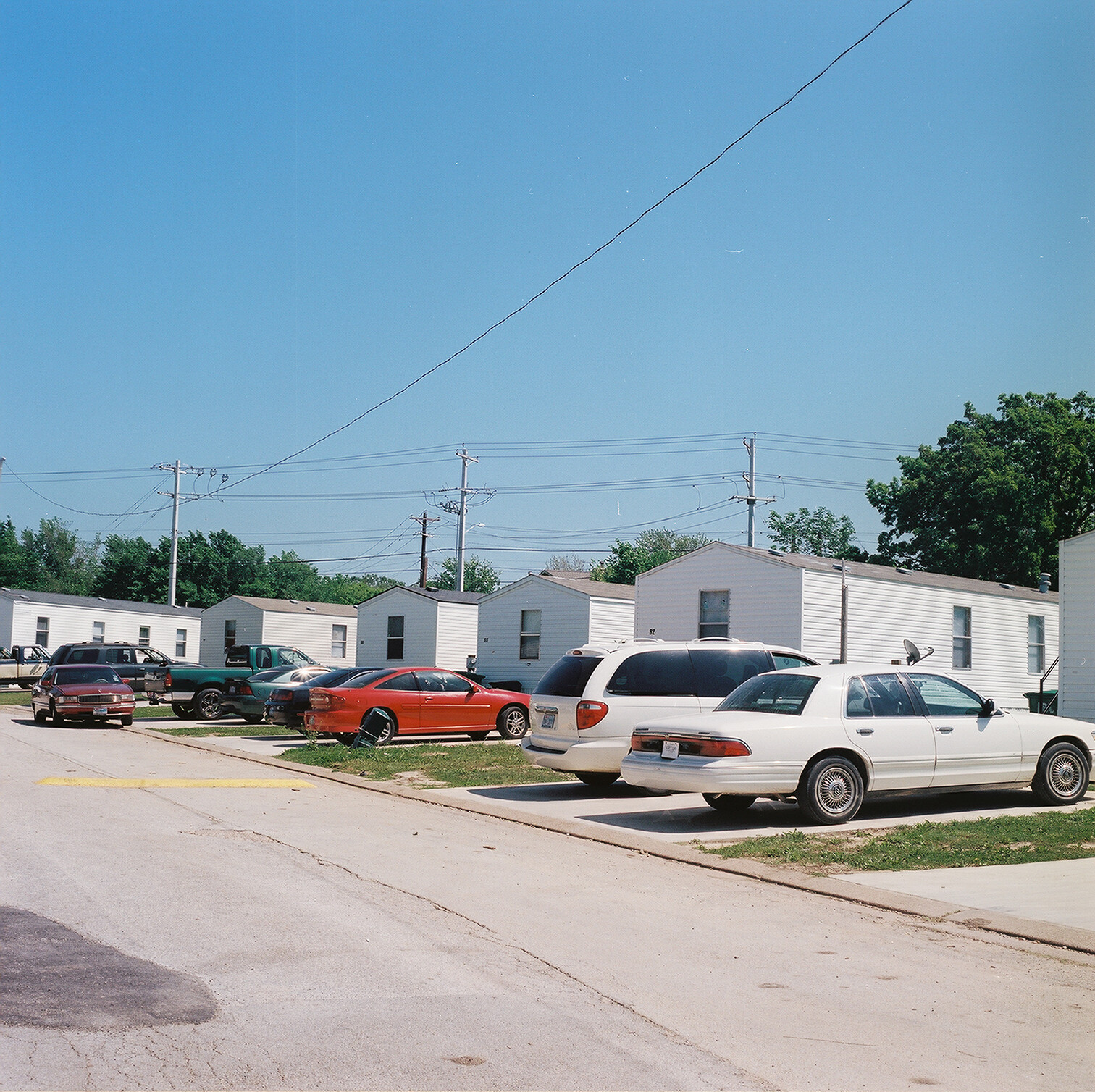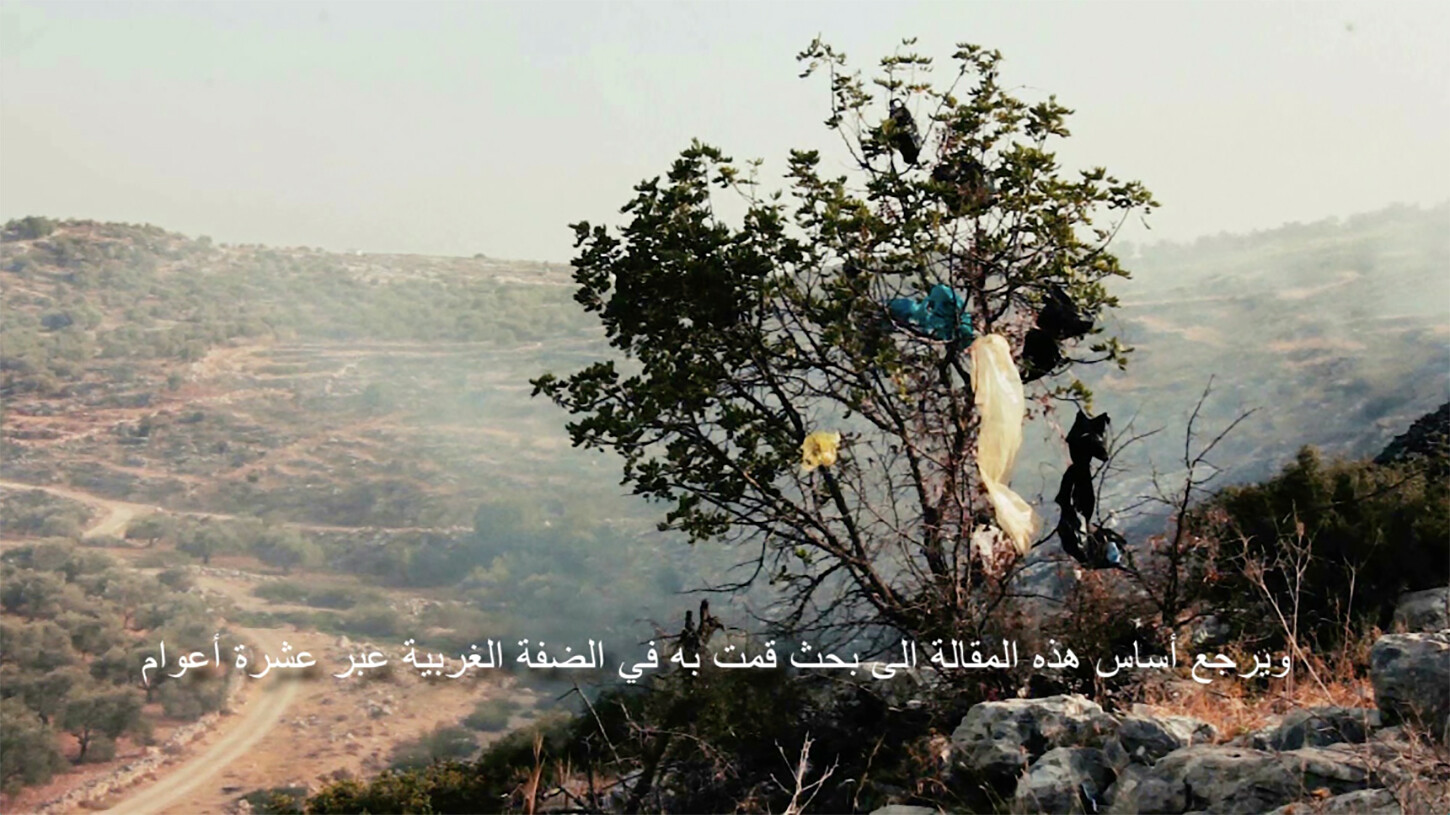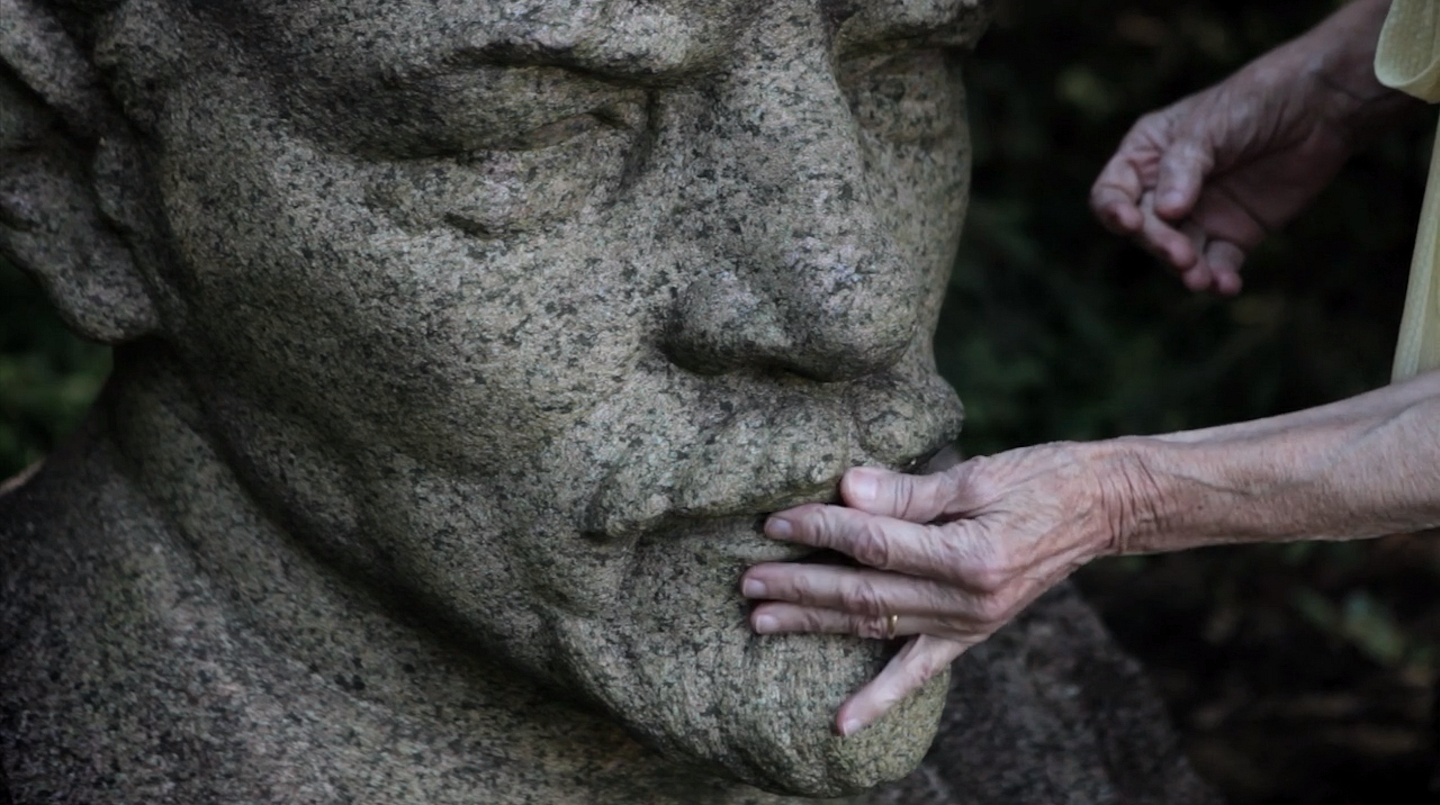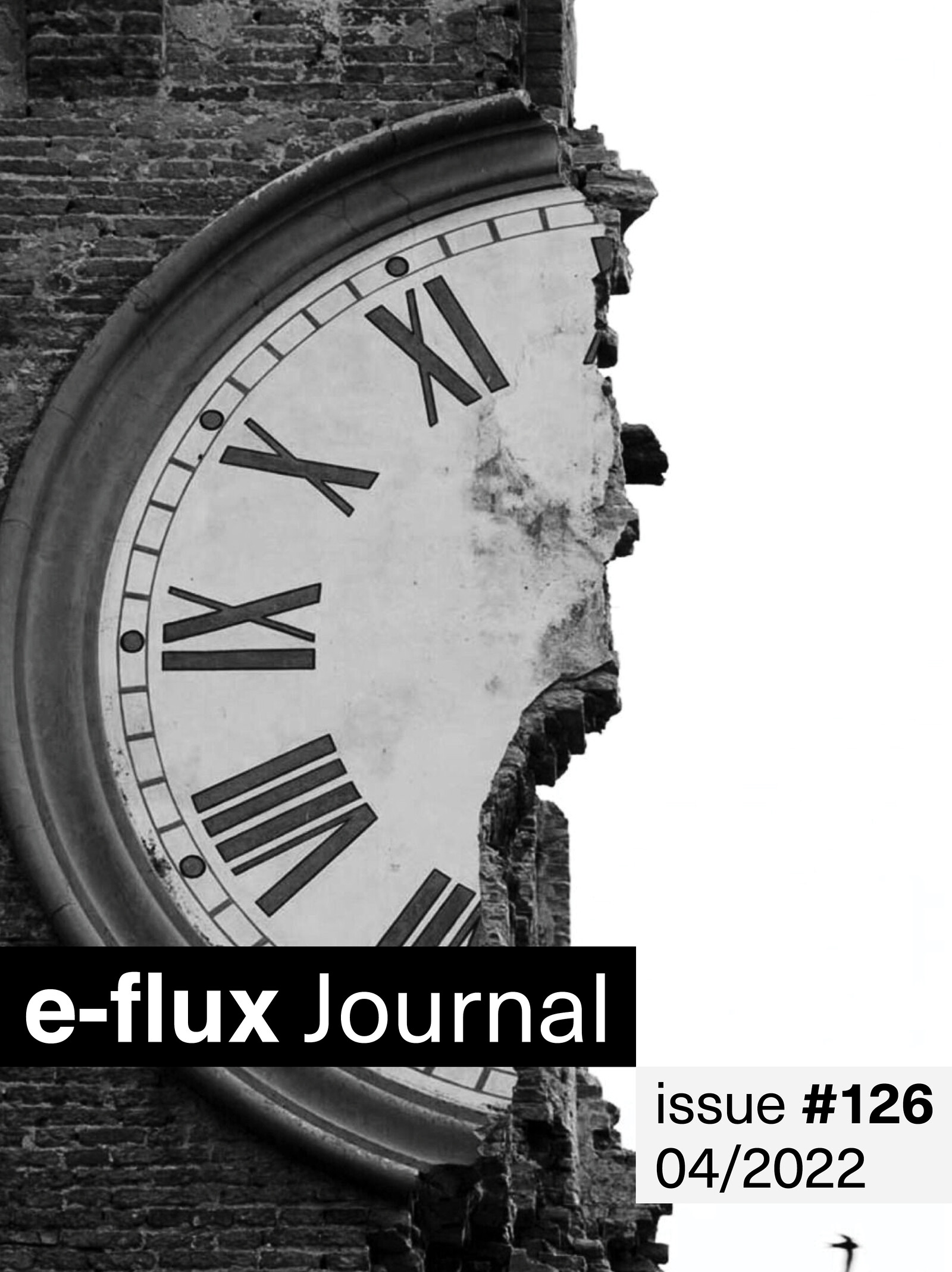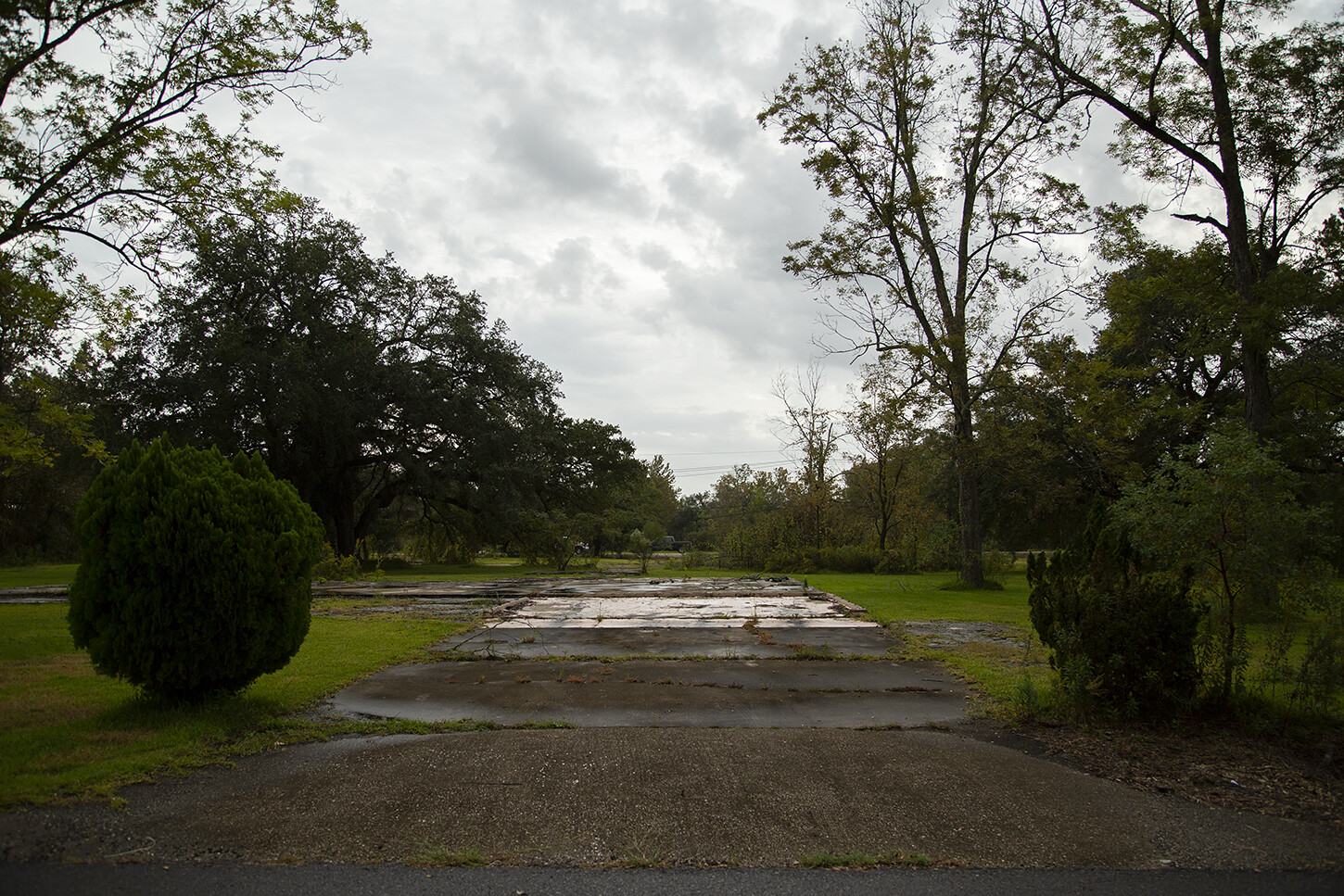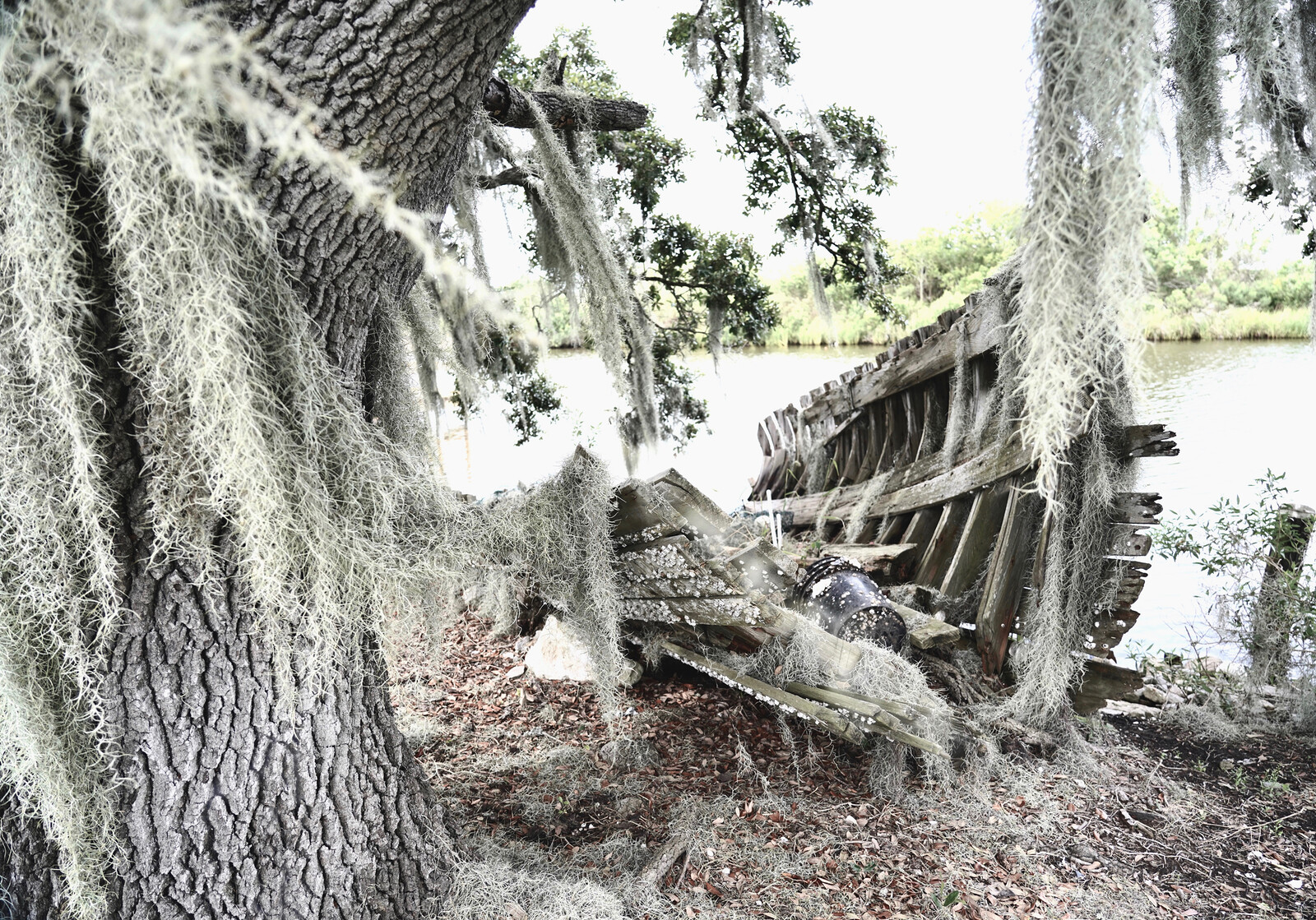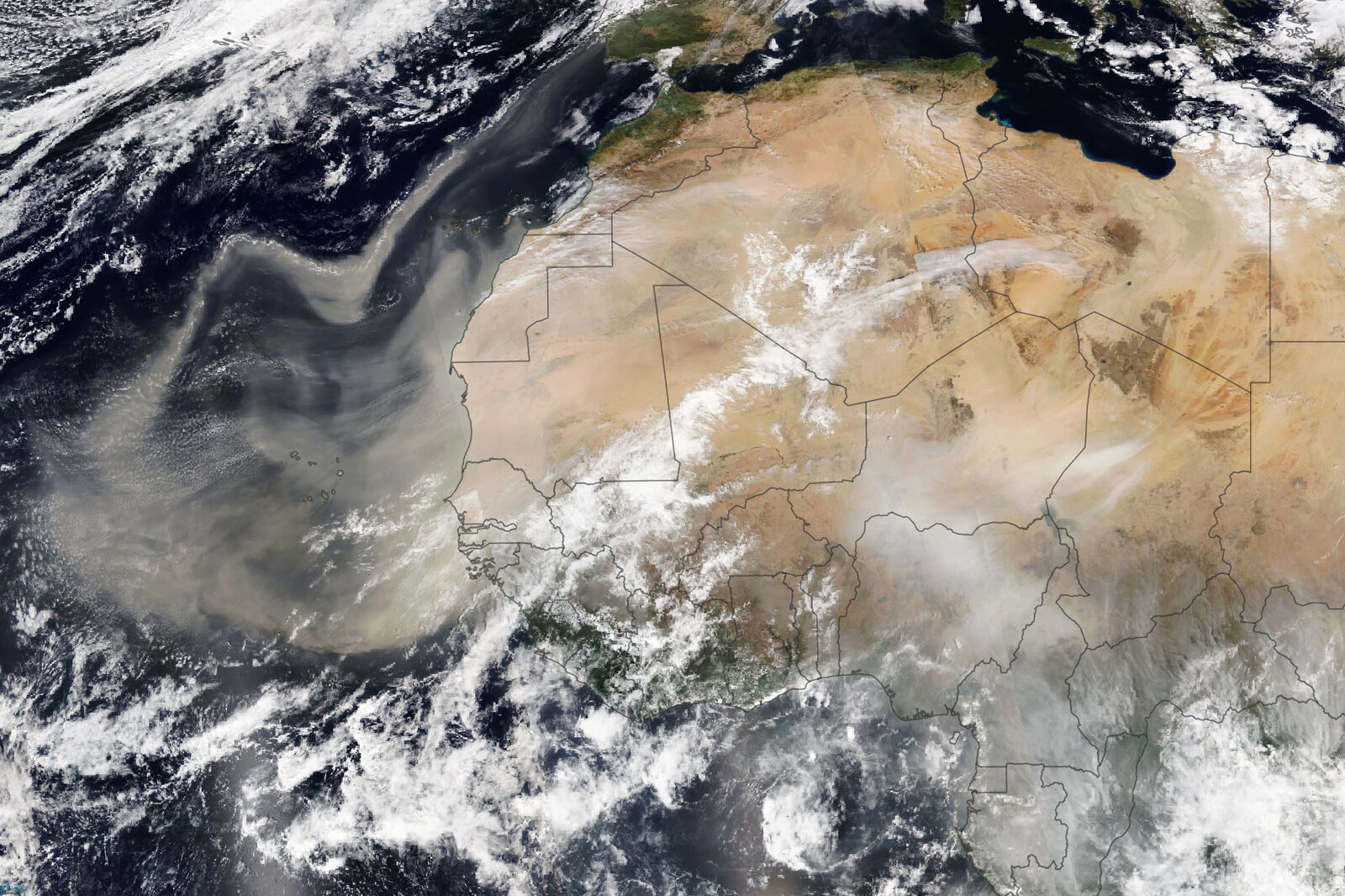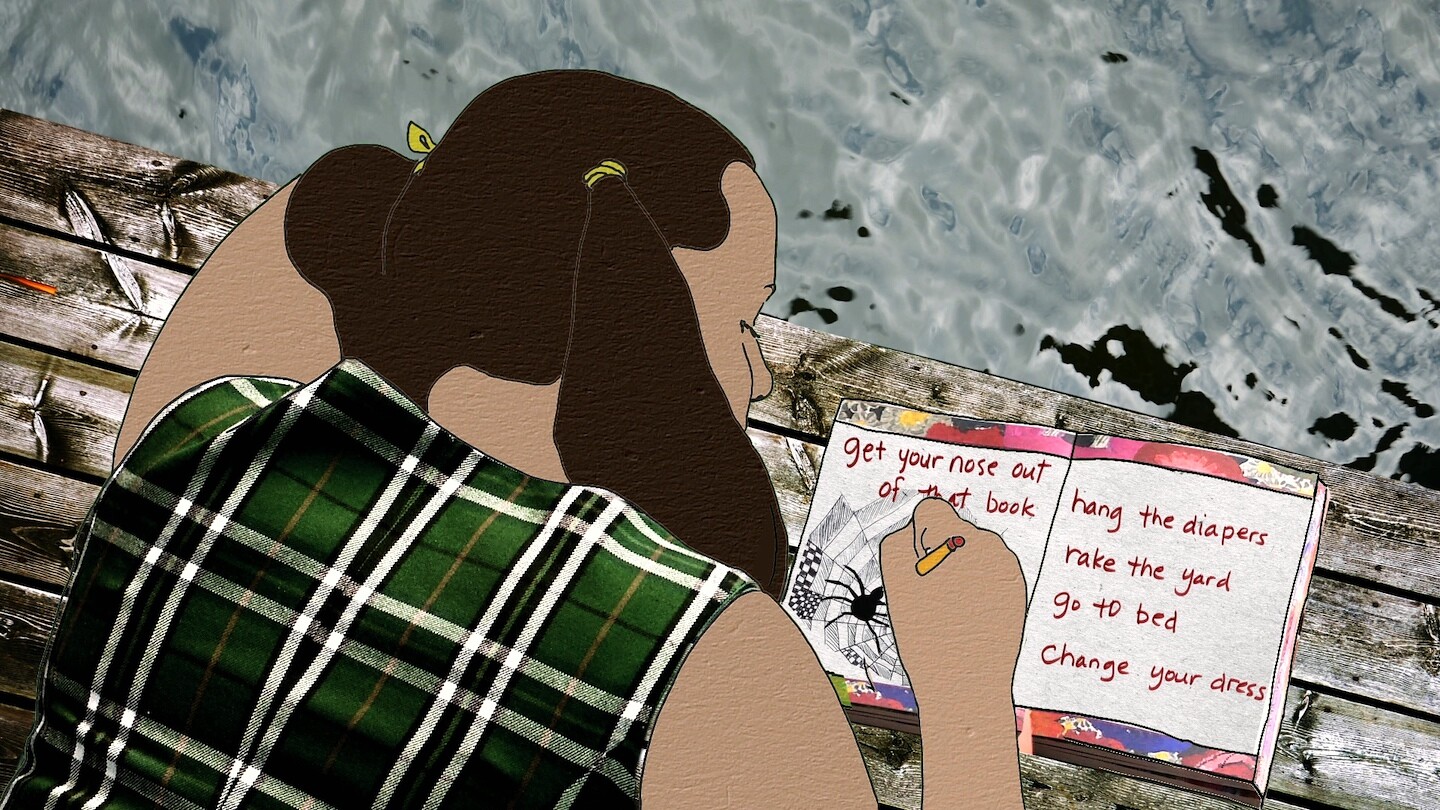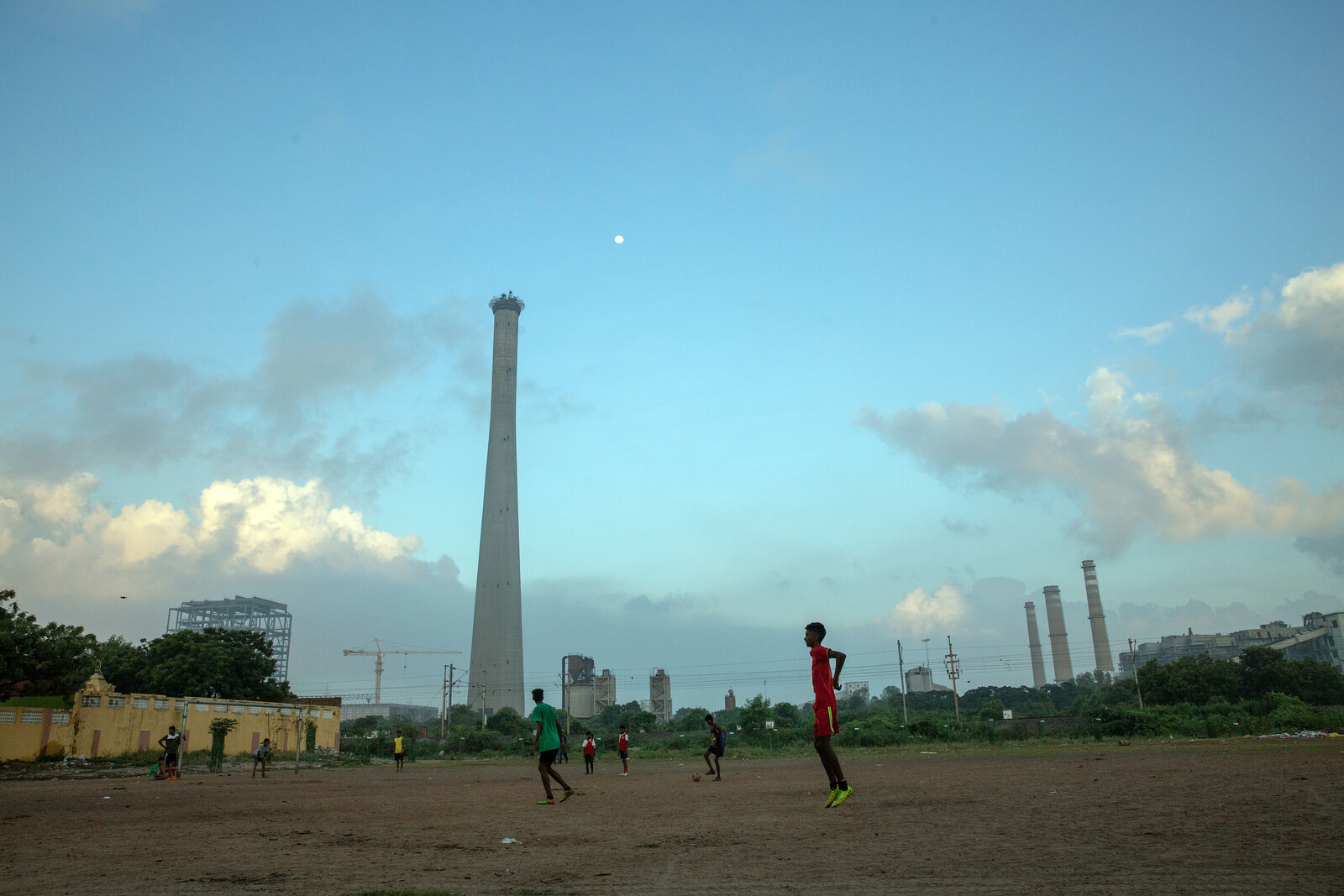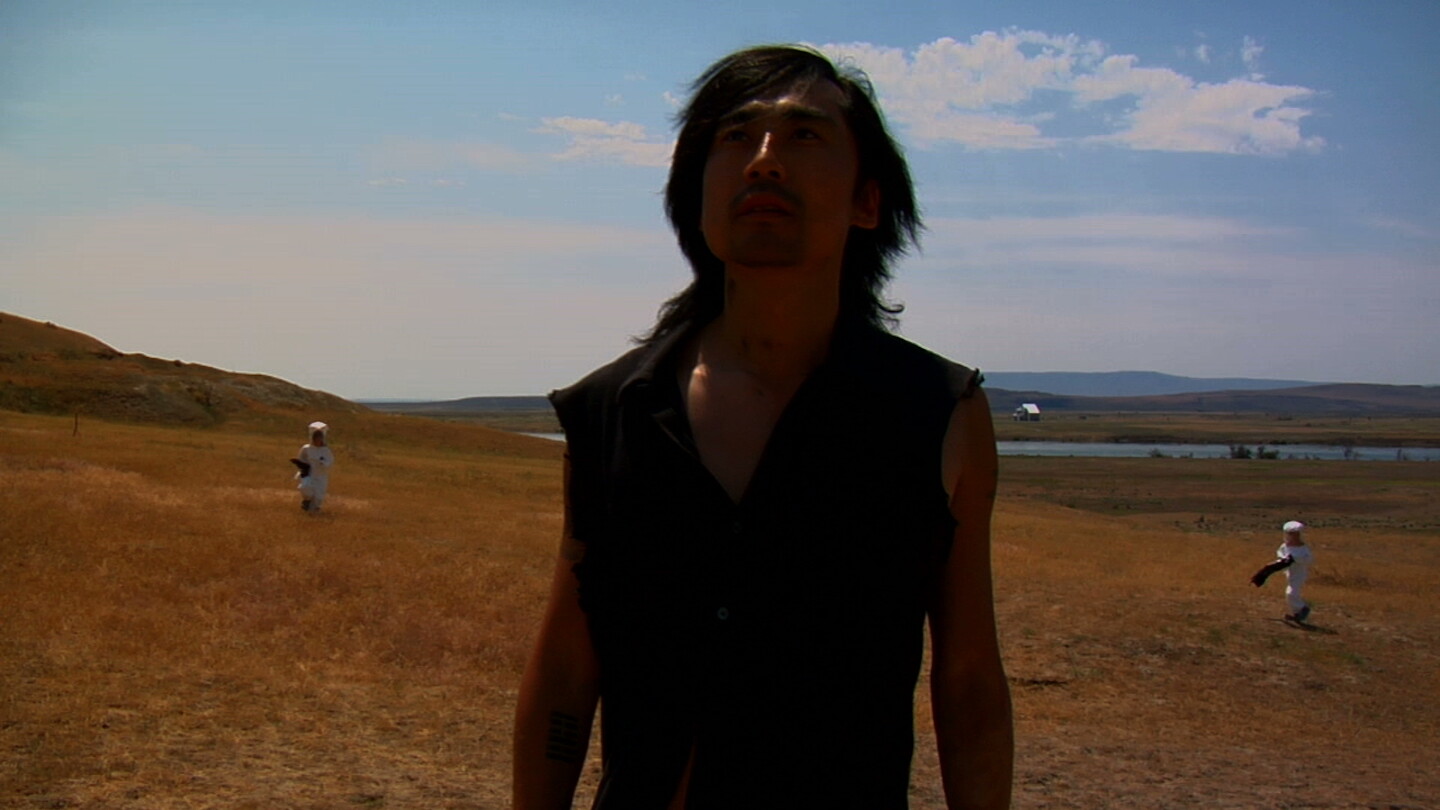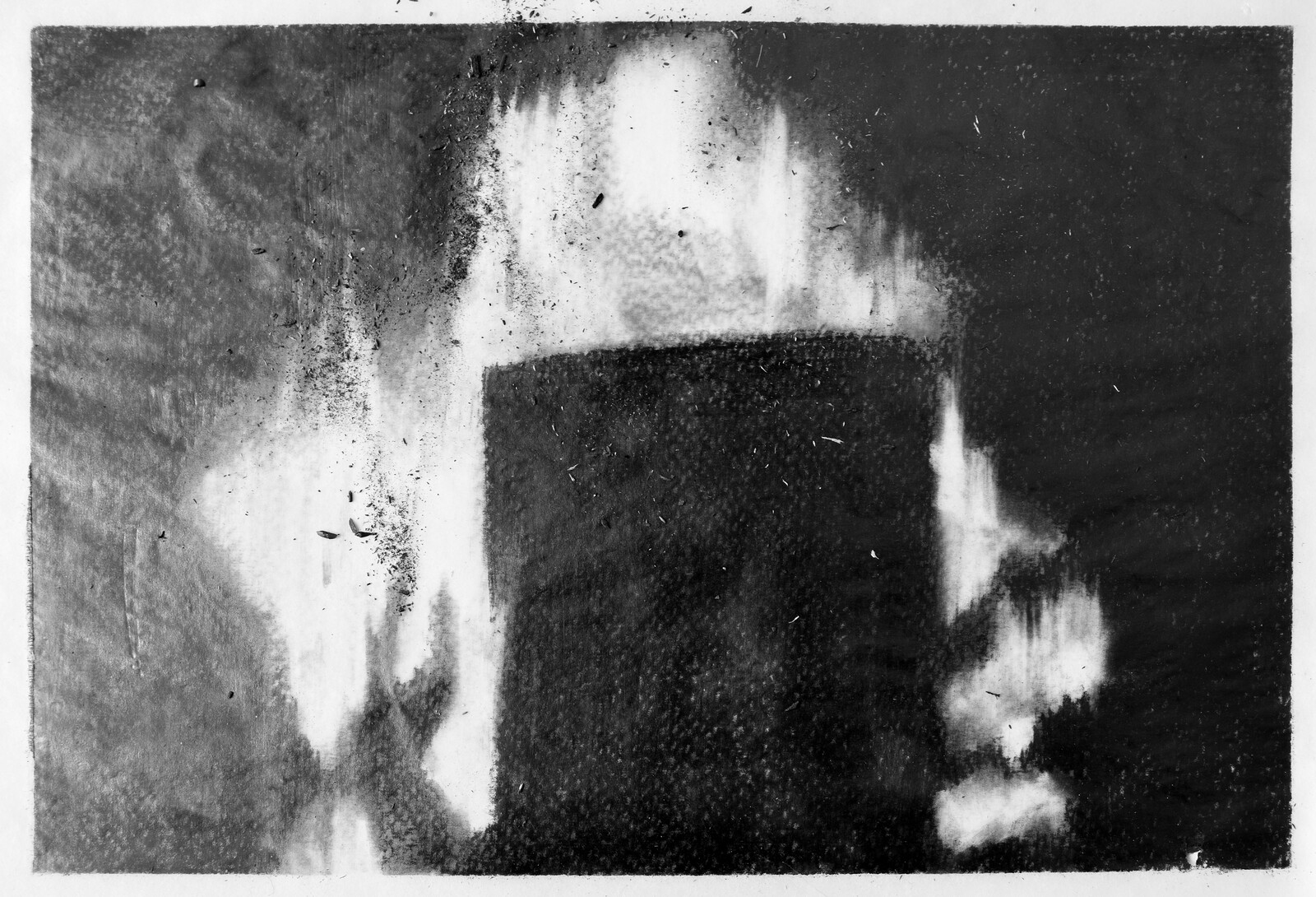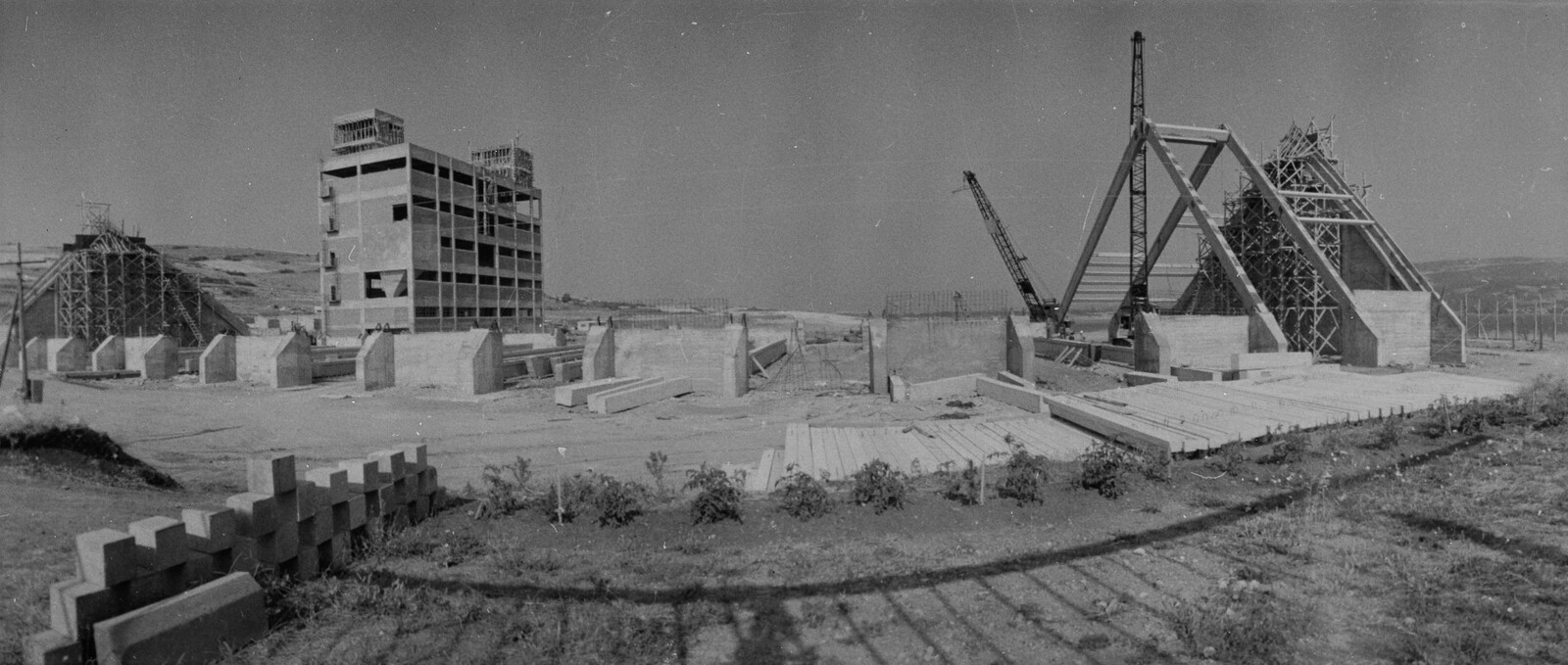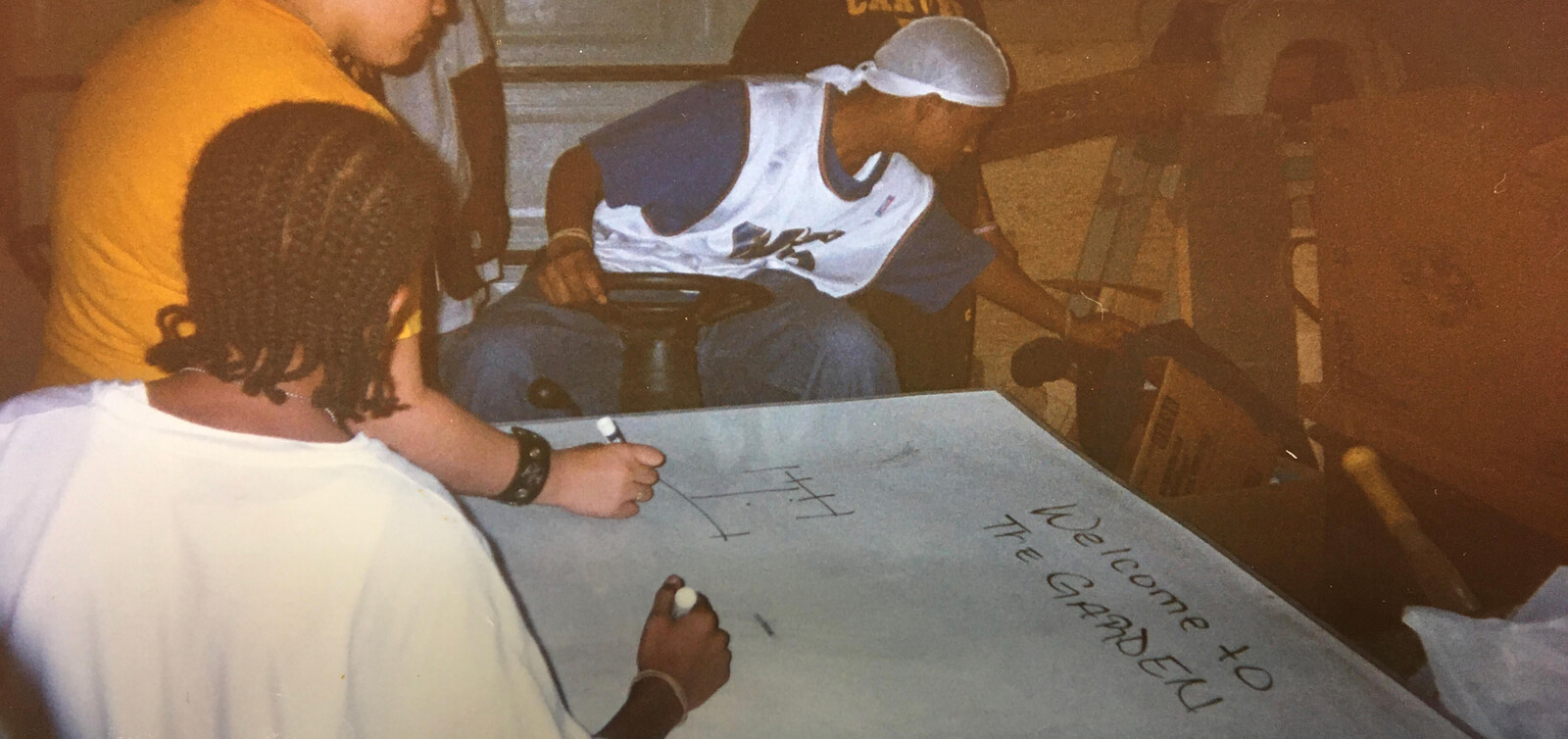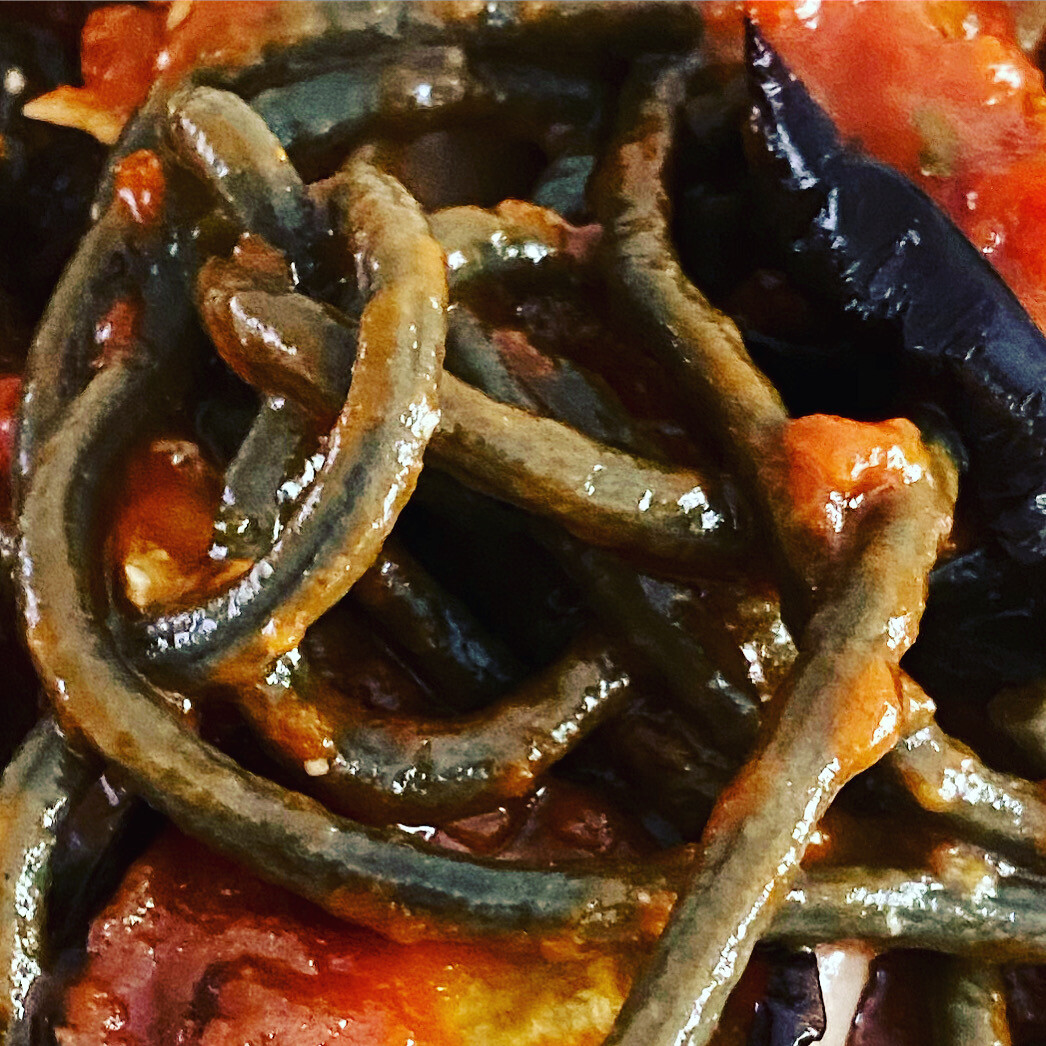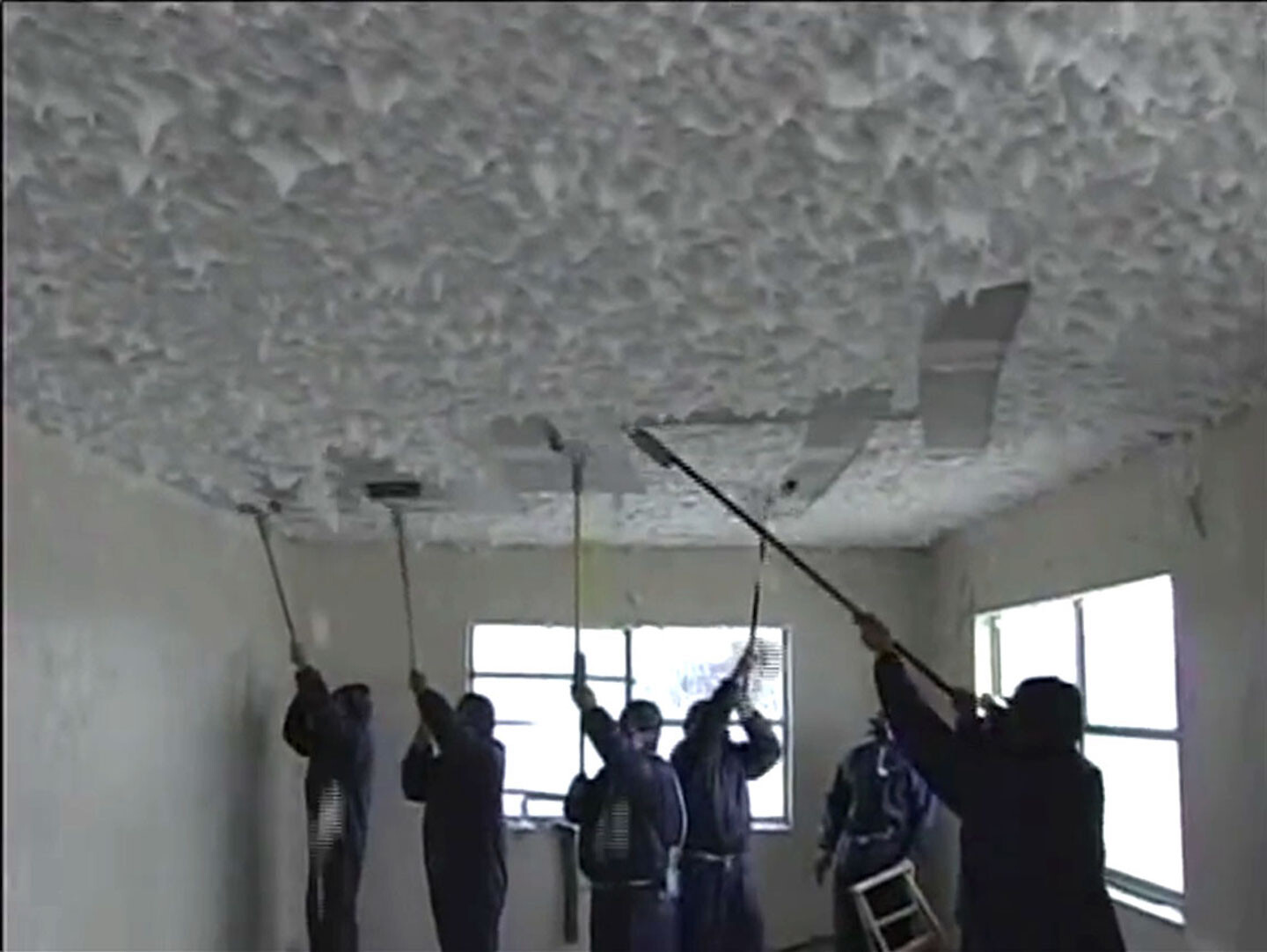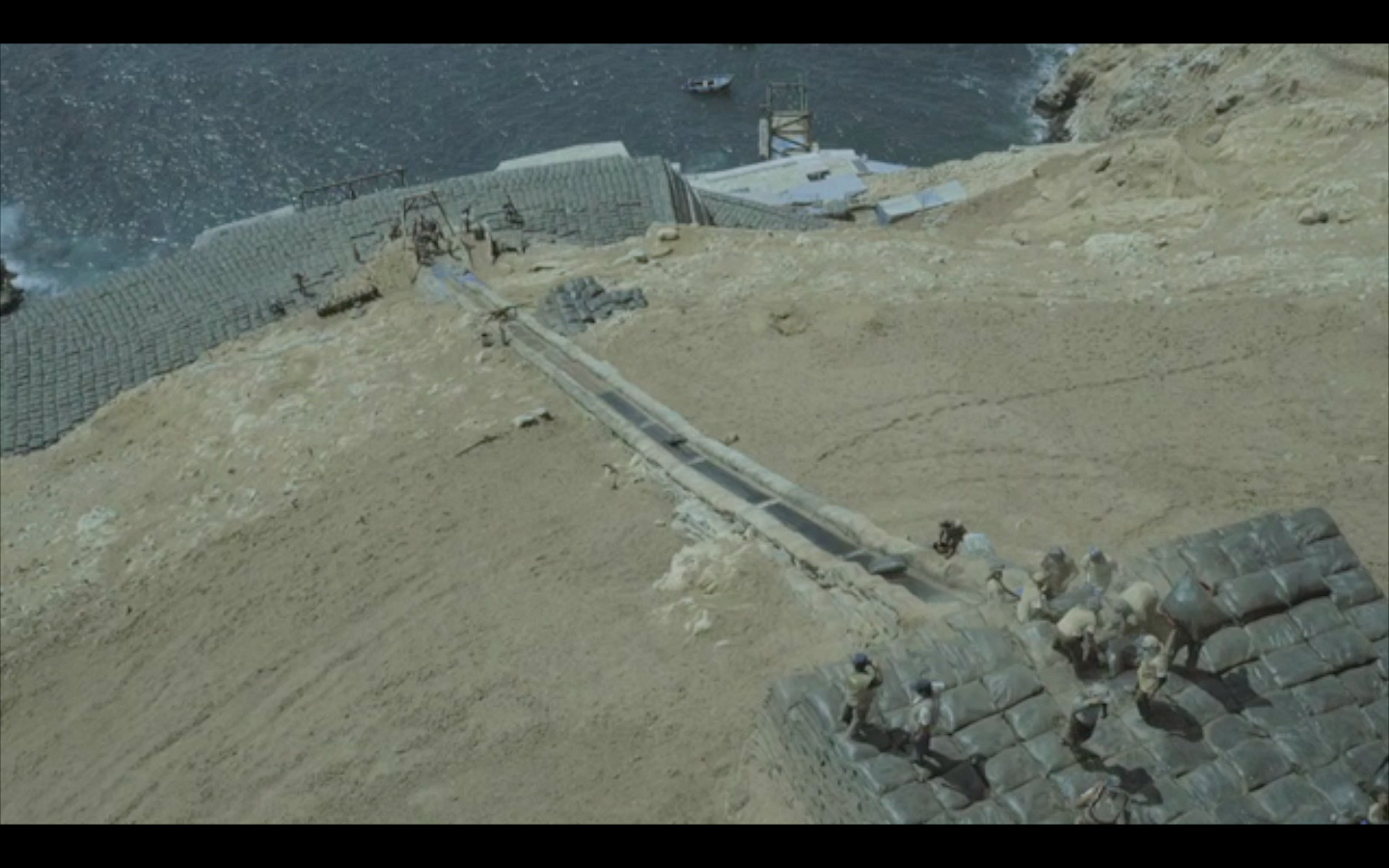Meredith TenHoor, “On Residues and Repair”
Parastoo Anoushahpour, Faraz Anoushahpour, and Ryan Ferko: Selected Works
The matter of food waste is rich with possibilities and teeming with microbial life. Yet food waste is most often framed as a problem, a failure, a moral quandary, an object around which to frame “good” citizenship through the yardstick of better, more responsible consumer trends, especially in the home. Loss is documented at all stages of the food supply chain; definitions and measurements of food waste vary. But mainstream emphasis is not placed on industry, policy, overproduction models, subsidies, or package design.
I think that living on top of a landfill is a very likely future. In fact, I would go so far as to say that in Beirut, we are already dwelling within a rubbish dump! In the film, constellations are mapped out on the back of a human body. Tattooed arrows representing reuse, recycle, and repair are portrayed like celestial movements of material that follow the tracks of industrial closed-loop circuits. A needle traces the constellation on the skin, which seems to add a violent component, as well as an element of risk and perhaps even a kink to this map-making practice. How do violence and risk frame the new social contract you envisage?
As plastic has become so central to communications and infrastructure, plastic operates as a logistical medium—that is, a medium that sets the “terms in which everyone must operate.” Plastic determines so many of our relations, including the goods we can access, the distribution of food, access to water, medical supplies, and an infinite variety of other things that arrange and regulate the movements of people and the qualities of our lives. It is a leverage point of power, distributing and amplifying other systems of inequality.
Online discussion with b.h. Yael, Cooper Battersby, and Emily Vey Duke, moderated by Irmgard Emmelhainz
Asbestos
sound of a million insects, light of a thousand stars
